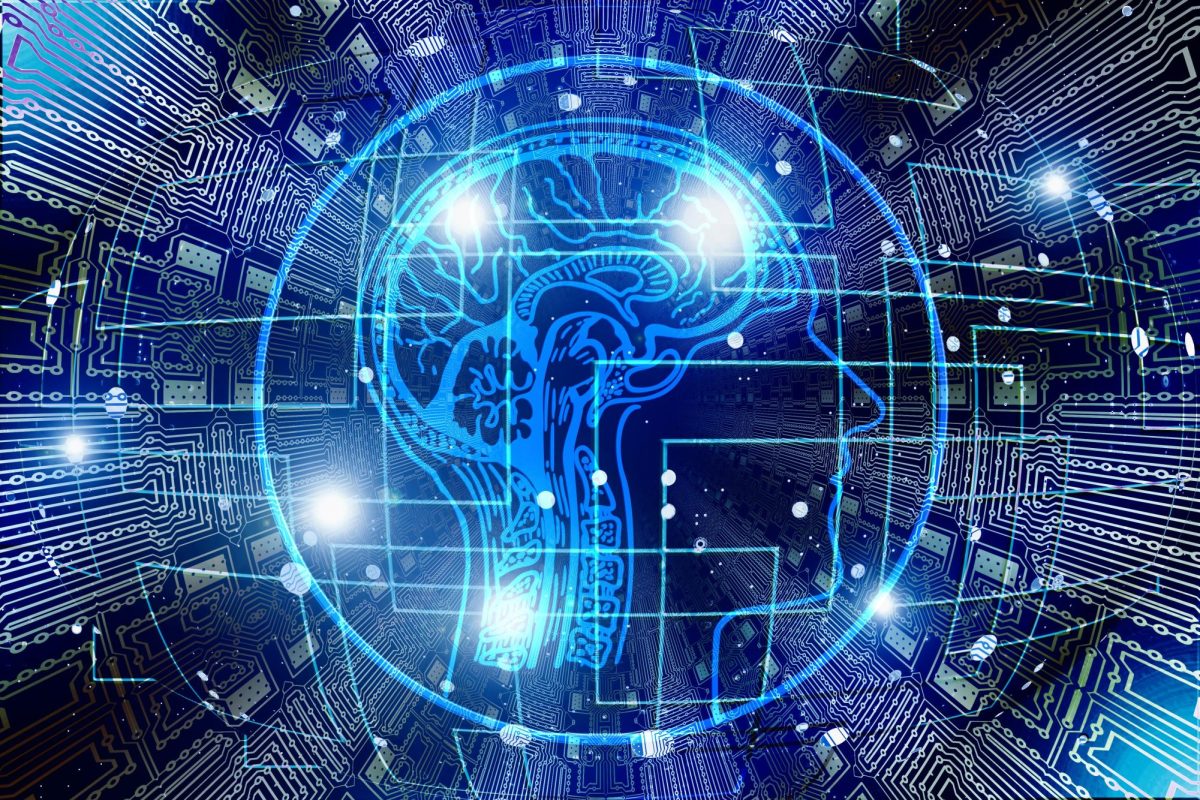Artificial intelligence (AI) is often denoted as unoriginal and related to fraudulent assignment submissions in school, theft of artwork, and other nefarious actions. But is AI all that bad? Recently, researchers have created an AI model that can accurately recognize an individual at risk of childbirth post-traumatic stress disorder (CB-PTSD). This discovery marks a significant innovation in the field of medicine and therapy as well as a reidentification of the stigmatized concept of AI.
PTSD, or post-traumatic stress disorder, is a mental disorder that develops following an immensely traumatizing event; this disorder is most commonly found in war veterans and sexual assault victims. In addition, approximately 10% of women who have childbirth experience postpartum post-traumatic stress disorder. However, there was a significant issue in the effectiveness of the conventional treatment for mothers with childbirth PTSD: it is relatively extensive, failing to meet the modern necessity of a quick, cheap evaluation method. Even worse, if this kind of PTSD goes untreated, it can have detrimental effects on the mother and child.
Thus, research on new, speedier forms of treatment was essential. This research was conducted by Sharol Dekel, PhD and director of MGH’s PTSD Program, whose lab found in previous studies that transient psychological interventions taking place promptly after a traumatic childbirth can lessen CB-PTSD-related symptoms. From this checkpoint, the next step was to determine a way to recognize signs of trauma or detect PTSD quickly.
The lab achieved this by investigating and experimenting with artificial intelligence. More precisely, the lab focused on variants of ChatGPT and different large language models (LLMs), observing how the programs performed in extracting key knowledge from data sets based on postpartum women’s short descriptions of their childbirth experience. The lab specifically focused on one OpenAI model that converted the women’s descriptions to a numerical format; after being produced, an algorithm trained in machine learning by the team analyzed the numerical data. The results were promising.
By experimenting with several models created by OpenAI, researchers from the Massachusetts General Hospital (MGH) came across a model that reveals information regarding the mother’s mental health after a traumatic or postpartum childbirth. This study marks the evolution of childbirth medical treatment as we begin to use advanced forms of technology to discover new methods and develop increasingly efficacious therapies.
Using artificial intelligence and machine learning models was a huge success. The team’s research demonstrated that their model was more successful than other large language AI models at analyzing women’s personal accounts of childbirth and assessing the possibility of the women having PTSD. Additionally, Dekel shared that the lab’s model “could potentially improve accessibility to CB-PTSD screening and diagnosis by fitting seamlessly into” healthcare and providing a basis for a sold product.
If untreated, PTSD could enter the chronic stage, jeopardizing an individual’s life. Hence, swift intervention is crucial in preventing PTSD from becoming a chronic illness; the effective, distinct, and innovative approach of utilizing artificial intelligence and machine learning to assess a patient promptly is undeniably notable. Not only can this process be used to treat CB-PTSD, but it can also be applied to various other mental disorders, thus helping millions of individuals.
Indeed, this discovery alleviates some of the negative connotations surrounding modern technologies, specifically artificial intelligence, and symbolizes the vast opportunity for new technological developments to better modern medicine.












































































































































